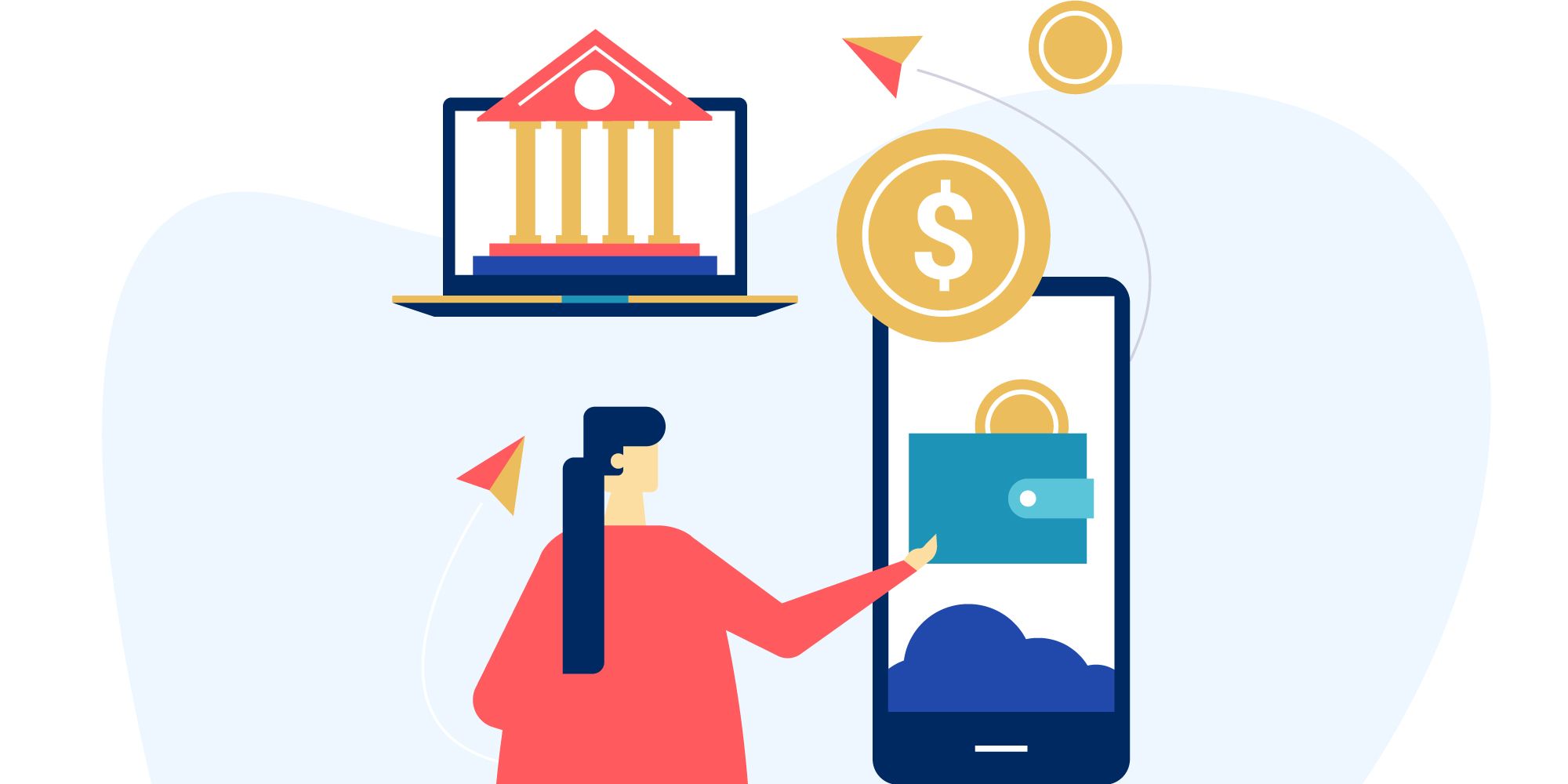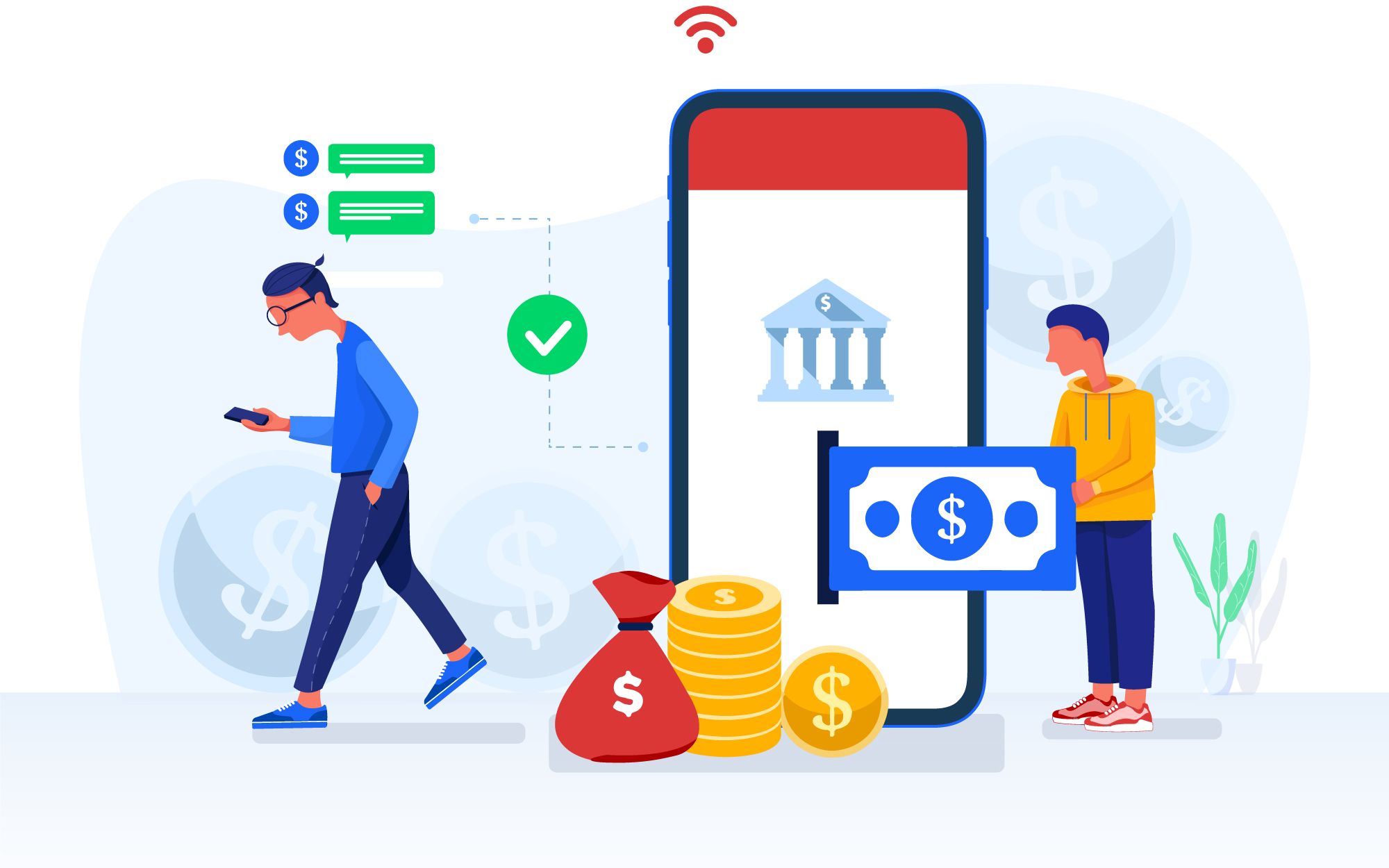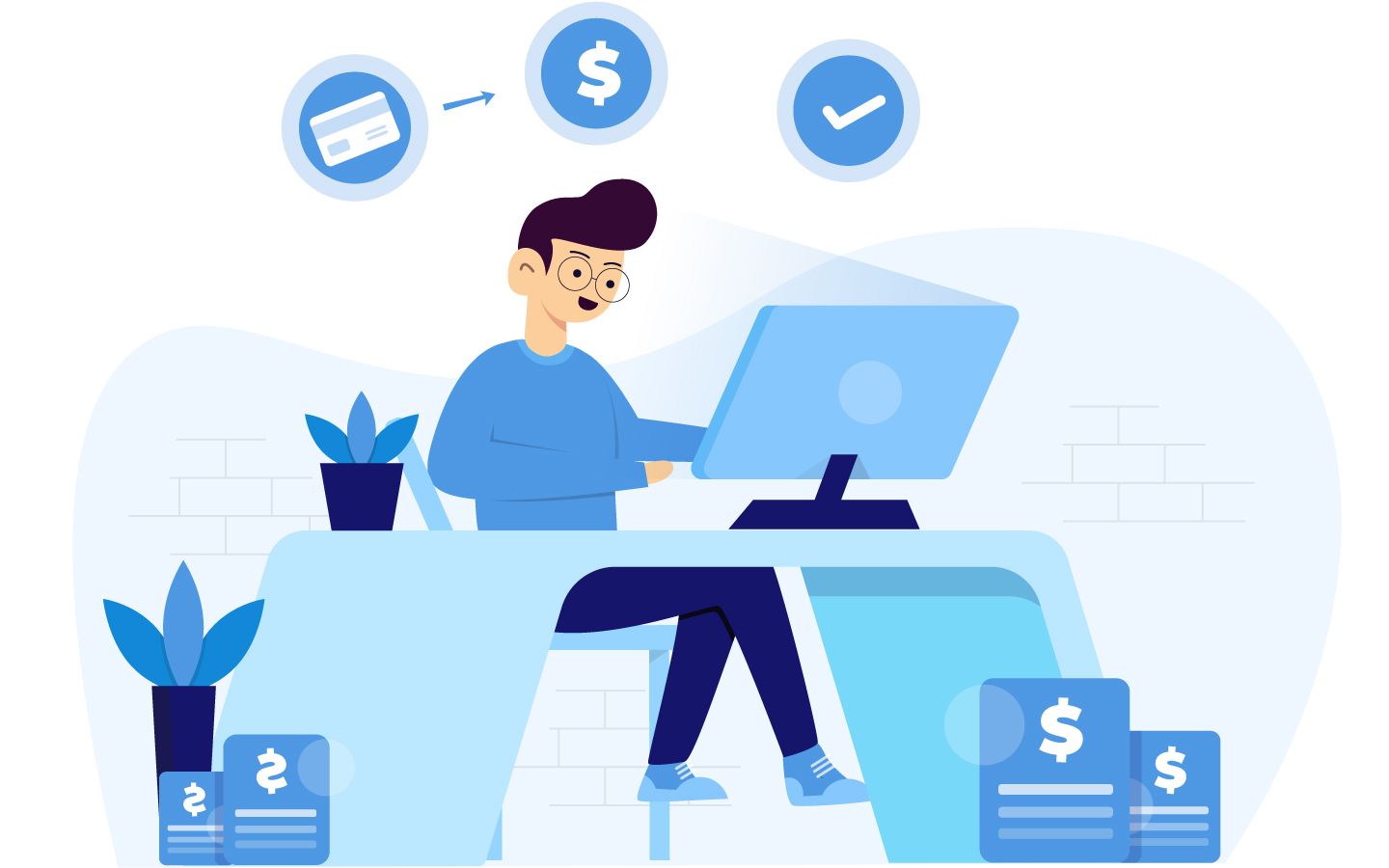We’ve come a long way from relying on banking institutions for everything to having access to our banking details at our fingertips. With the fast-growing dependency on digital banking, Open Banking and API management are now being looked at as a move that will spearhead innovation in the world of FinTech.
Pre-pandemic FinExtra conducted research with 774 banks worldwide, which concluded that 86% of banks are exploring API and Open Banking facilities for their institution in the coming twelve months. Open Banking had stayed competent with the changing the global landscape of banking and finance.
To break it down simply, open banking is the practice of banks sharing consumer data and records safely and consensually with third-party vendors and businesses via API. This move helps banks turn their competitors in the world of FinTech into their partners as they are now providing them with an opportunity to collaborate for the betterment of consumers.

The doors that Open Banking will open up:
Improved consumer interaction and relationships
Open Banking will allow banks to offer more than just their banking facilities digitally; the API allows third-party financial companies to create apps that will help understand and manage banking services. Customers will shift focus from banks to networks, reducing their dependency on the institution for everything. It will help in real-time banking services, making it possible to access banking services 24/7 and streamline the interaction across banks. Open Banking will enable customers to take control of their spending and facilitate services to help improve their savings and spending by predicting their patterns and finding personalized solutions for them.
Driving banking innovation
Open Banking will allow banks to interact with third-party partners to develop applications and help scale banking models with external technology. For example, partnering with a third-party application can help banks provide additional services such as processing loan documents based on loan agreements, allowing them to maximize the plans and rates they offer directly. The transparency of having a customer's finances and records saves the hassle of the 2-7 day timeframe for banking approval. Access to the financial records allows for selecting the best plan for a customer. They are making the process instantaneous and more flexible.
- Standardizing banking globally: With API and Open Banking, the tedious task of opening a new bank account will become much more simplified, allowing for inter-banking activities to occur more freely. Changing your account will become more accessible; besides from this, third-party API will simplify managing wealth across your bank accounts.
Integrating microservices
Customers and businesses will be able to operate more freely in an open banking environment; using API to combine the different microservices -financial apps that are out there will help save time and bring all data together in one place. This means businesses and customers can freely rely on multiple apps of their choice without having to deal with the manual back and forth between them.
Easing verification and authorization of transactions
One of the most persistent and annoying issues banks face is phone calls by customers who don’t recognize their transactions. You may buy something impulsively in a shop and make a transaction via your card. Two months later, you might not realize this transaction in your statement as the name reflected in the statement might differ from the shop's name. Banks receive tons of such calls, wasting their time, money, and effort resolving these issues. Open Banking will provide them with access to connect these transactions to their geo-locations and hence the vendor's name; this simplifies the process. Customers can verify and trace their transactions in a more hassle-free manner.
Converting data into insights and actions - ETL:
Banks have had customer data for ages; however, they’ve always struggled to navigate it properly. FinTech apps can help provide banks with an extra arm of support in understanding thedata management needs, segregating it into demographic, geographic, and personality checkboxes, creating portfolios of spending patterns and understanding individualistic financial patterns to provide insights to banks that they can use to action their services better—enabling for more specialized focus/approach to their services.

A closing note on Open Banking and API
Open Banking and API will be the driving factors leading to innovation in the world of FinTech in the years to come. It will change the banking game entirely by streamlining lending and loans, increasing competition between banks by adding pressure from smaller banks, providing numerous third-party apps that will enhance banking services and a consumers understanding of finance, enable banks to scale more freely and function in real-time, reduce the liability on physical institutions, provide ease of automating and integrating microservices and simplify the process of uploading and processing financial records to list a few of the many promises that Open Banking has to offer. Its benefits will be consumed by individuals, third-party vendors, banks, and everyone worldwide.
Open Banking is a gateway to endless opportunities; step into the future of FinTech Automation using no code platform - Quickwork and create a journey that paves your way to the future.








